Movie Review: Over the Moon
Cup ramen and bubble tea, popular in east Asian culture, sit on Fei Fei’s desk as she crafts an elaborate blueprint of her rocket.
November 13, 2020
Around mid-September to early October, the traditional Moon Festival returns to East and Southeast Asian countries to be celebrated with bright fireworks, shimmering lanterns, joyful family reunions, and a hallmark Chinese delicacy: mooncakes. These typically round, sweet-filled pastries are often portrayed bearing intricate characters stamped onto the front, a nod to its land of origin. While mooncakes serve to sweeten the palates of jubilant Asian moon watchers during the Moon Festival, they also serve a symbolic purpose in the traditional Chinese legend of the Moon Goddess Chang’e. Joyce Lin (11), a Taiwanese student well-versed in Chinese tradition, describes the moon as “[an] important element in Asian culture as the source of light during darkness/hopelessness.” Netflix’s recent animated film, Over the Moon, explores this popular myth through the eyes of a Chinese girl, Fei Fei.
The legend of Chang’e, as presented in Over the Moon by Fei Fei’s mother, opens the story. While there are multiple editions of the legend that exist today, Fei Fei is told that Chang’e was a beautiful Chinese woman who took a potion of immortality, causing her to become a goddess and ascend to the moon. However, her lover, Houyi, is left behind on Earth as a mortal. As Chang’e passes endless years on the moon, Houyi grows old and dies on Earth. Despite Houyi’s death, Fei Fei is told by her mother that Chang’e believes in immortal love and continues to wait on the moon to reunite with Houyi.
Fei Fei’s mother dies of sickness soon after the opening scene, and Fei Fei’s father quickly becomes set to remarry another formerly married woman. However, Fei Fei, fearing that her father might forget his first wife and desperate to keep a stepmother and stepbrother out of her life, begins to see the “endless love” of the legend between Chang’e and Houyi as a parallel to her father and her late mother. Hoping to revive the memory of her late mother, Fei Fei crafts a rocket with her pet bunny to fly to the moon in search of the Moon Goddess.
As a film strongly linked to Asian heritage, it accurately illustrated Asian culture (namely Chinese) and even subtle mannerisms and behaviors. The producers had even ensured an entirely Asian cast to potentially capture particular tones and accentuations only found in those with an experience of Asian culture. Perhaps greater than the plotline surrounding the Chinese myth of Chang’e, Over the Moon also confronts emotional development, psychological development, and a child’s loss of family, illustrated in Fei Fei’s constant grappling with her father’s decision to remarry and her immense sadness following her mother’s death. Though on the surface, this animated, P.G. rated movie can seem to many as “just another family flick,” Over the Moon presents deep themes of loss and emotional turmoil during childhood while accommodating a plotline with an ancient Chinese legend and representing East Asian heritage in arts and entertainment.


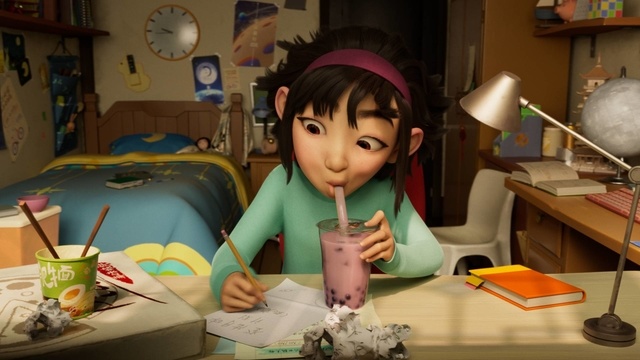
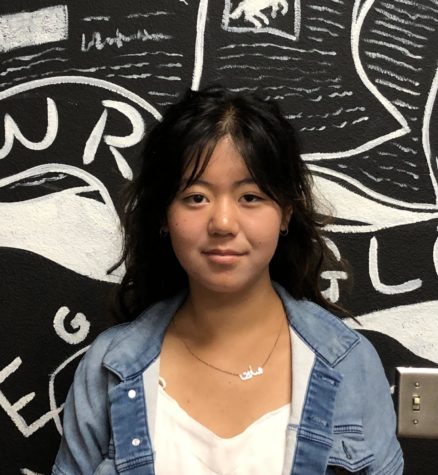










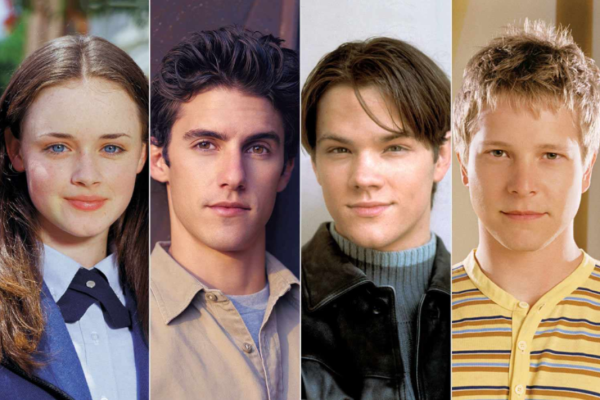
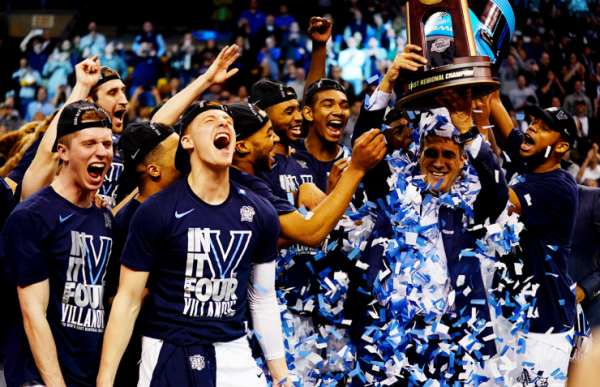

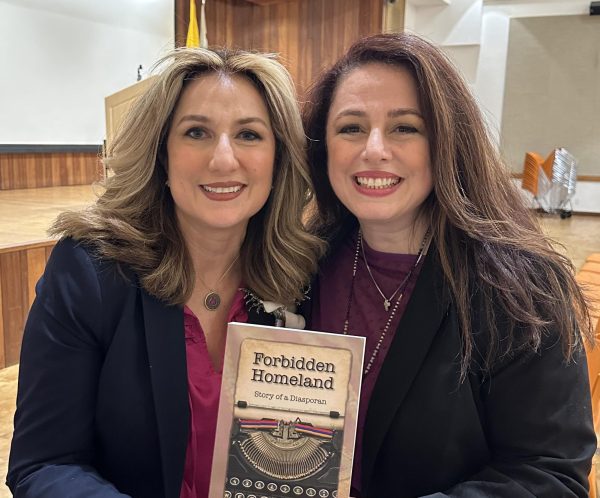

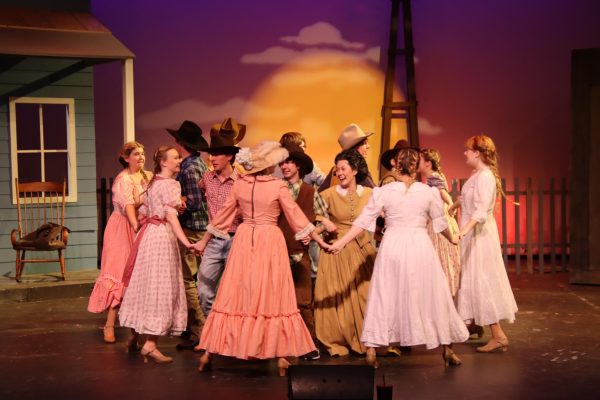
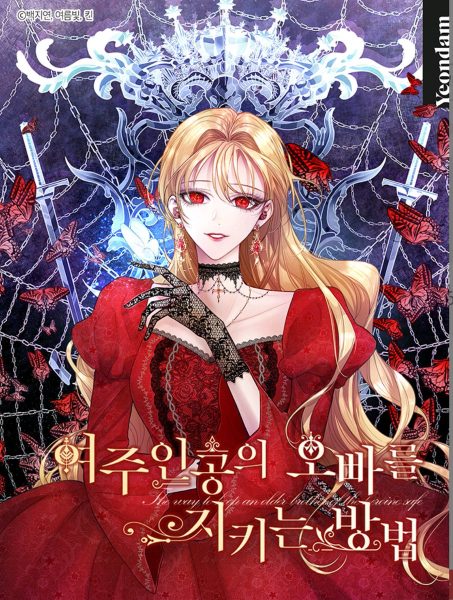


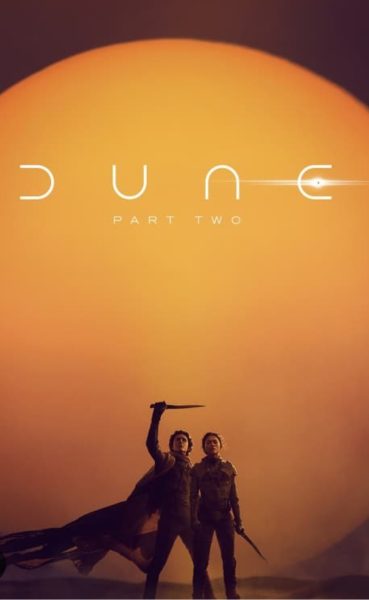
Emily Eslao • Dec 4, 2020 at 7:25 PM
This movie sounds lovely! It’s always interesting to see a modern movie’s take on cultural tradition. I haven’t seen this film yet, but I’m glad it’s making an effort to accurately represent Asian heritage!